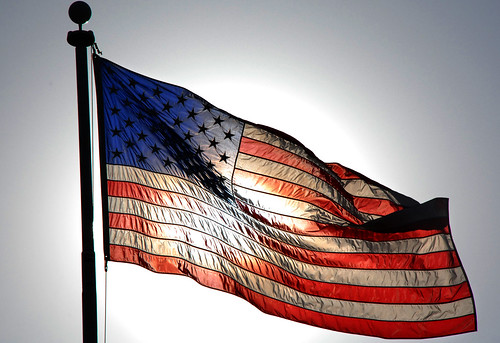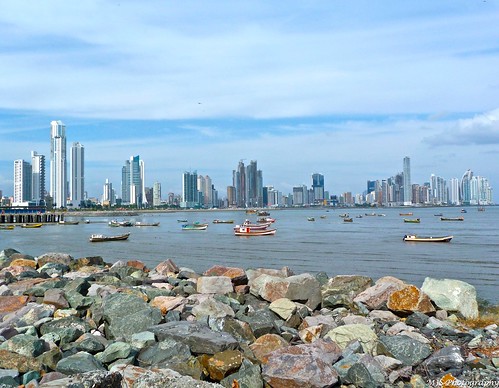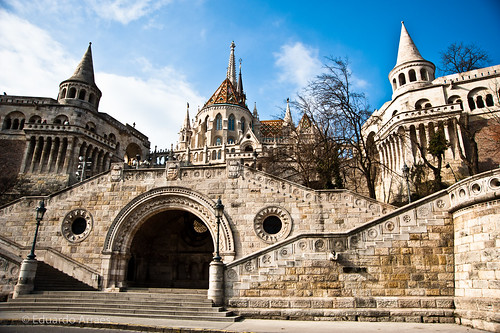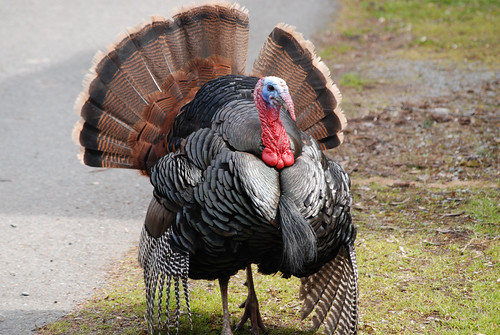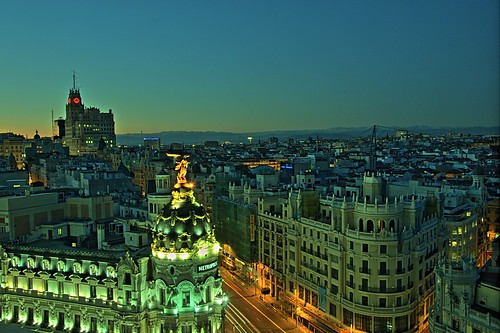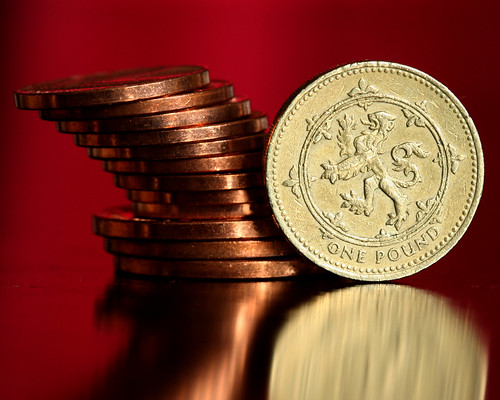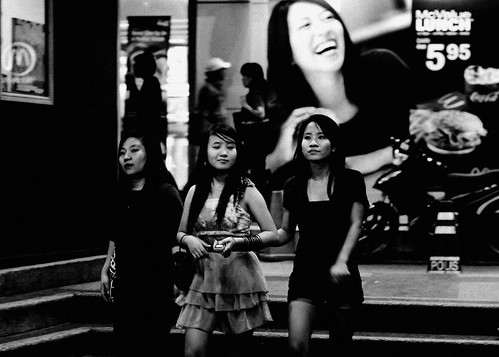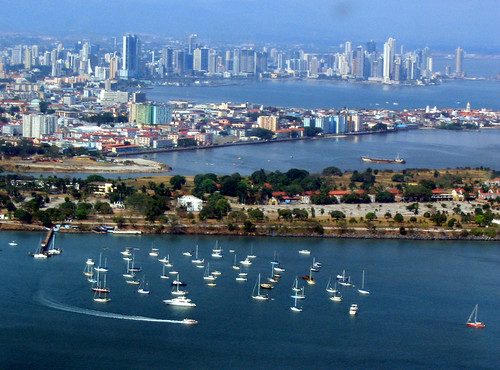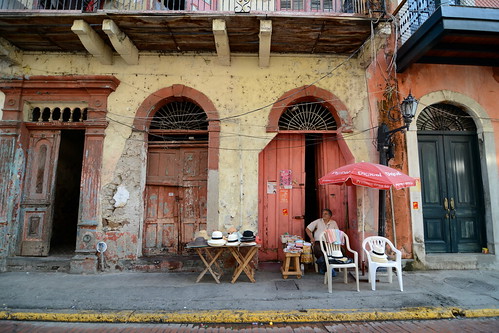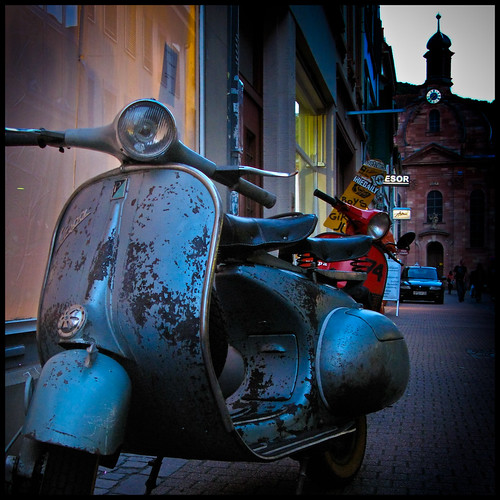Today's guest post is from Elizabeth Vance and she talks about what it's really like to live in Panama.
My name is Elizabeth Vance, and I’ve lived in the Republic of Panama now for five years. My family and I relocated here when my company transferred me here, to open their Latin American headquarters office. We live in Panama, which is the only big city in the country (pop. 1.5 million), and my husband and I both work in the city, as well. (Panama City is like New York City – you only refer to it as Panama, Panama and don’t actually use the word ‘city’.)
We are U.S. citizens, and we maintain our citizenship, though we are now working on getting our permanent residency in Panama too. When we originally came to Panama, we thought of this opportunity as an adventure. We thought we’d stay for two to three years. We’ve stayed beyond that partly of the professional success we’ve enjoyed here, and partly because we have grown to love this tiny country.
The professional opportunities we’ve found here are almost unlimited. Because this is a developing nation, many of the industries and services you get accustomed to in the U.S. do not exist yet. Or they are coming, but there’s little competition. That’s the reason Panama has begun to emerge in the minds of so many multinational companies in the past five years – because of that opportunity. And, of course, it’s the gateway for global commerce with the Panama Canal. The Canal is currently undergoing a $5.2 million expansion, which when complete will triple its current capacity. This means even more possibilities exist for commerce and business in the next few years, and beyond.
The photos you’ll find of Panama (the city) show the impressive skyline, and the Canal. Promotional websites laud the international banking system, affordable real estate and flashy hotels. You may recall that a whole season of the popular U.S. TV series Survivor was filmed in Panama in Bocas del Toro, on the Caribbean side, several years ago. Or that the world got a glimpse of Panama in 2002 when she hosted the Miss Universe about ten years ago, showcasing lovely ladies in bikinis on virgin beachfronts.
That’s all well and good, but what’s it like to really live here as an expat? Of course, the answer to that can’t be summed up in one article, but I’ll outline a few things here, which most expats want to know when they’re considering Panama for their new home.
Language
The official language in Panama is Spanish. About 15% of the native population speak English in some way, shape or form. Which means that the rest of the population does not. In Panama (city) and in the touristy areas – the hotels and the touristy restaurants – you’ll find you can get along without any Spanish. But in the rest of your life (if you move to Panama), you’ll find you need it. It’s that simple. (I talk more about this in my book which was recently published on Amazon Kindle, titled
The Gringo Guide to Panama: What to Know Before You Go.)
Standard of Living
Real Estate
If you move here from the U.S. or from Europe, or a more developed country, you’ll likely be pretty taken aback at the available real estate. Yes, the photos you will find on websites are lovely and taken from the best angles and so forth. They are promotional, after all. However, the quality of construction in this country is very different from any of those places. The methods of building here can assure that the structural capability may be safe to live in; however, Panama struggles when it comes to sophisticated finishes – both interiors and exteriors. When you find really nice finishes, or nicer construction, you can expect that it will come at a premium, because it’s a limited commodity.
This means two things for expats when they rent or buy a place to live here:
- You can definitely find affordable real estate, but it’s important to visit before you purchase. Take time to get every bit of information you can about the developer, the construction of the home or condominium, the neighborhood, the home itself, and the warranty. Look at what the offer is to make sure that what you are getting is worth the price you’ll be asked to pay.
- You can expect that when something is really nice – the price will also be much higher.
Now, at the same time, where else can you live – in an urban city, in the Tropics – and have a high-rise, spectacular view of the Pacific Ocean? Right. So, there’s a trade-off.
Food and Services
Your food bill will run about the same. That’s because processed foods or anything packaged has to be shipped in – nothing is manufactured in Panama. But, your fresh fruits, vegetables and all kinds of fish and chicken are all grown locally and those will be cheap. We’ve found it balances out, and our grocery bill is about the same as it was in the U.S.
For services, you’re in luck. Labor is cheap in Panama at the moment. Which means you can afford luxuries you couldn’t back home – a full-time maid, a driver, a gardener, weekly massages, $15 haircuts, and so on. This alone makes Panama really attractive for a lot of people, and it’s one of the lifestyle advantages the culture offers.
Safety & Security
Is Panama safe? Yes, it is. It is an adjustment for most expats to see uniformed officers on the street with rifles, bulletproof vests and machine guns, but this is the norm here, and not to be feared. The levels of security are different from other places, but overall, Panama is very safe.
Lifestyle
Most expats that move to Panama find that overall their daily habits are similar to wherever they came from. For those that work, you still get up and go to an office five days a week. But, maybe on the weekends, instead of doing whatever you did at home, you now have access to two oceans within a two-hour drive for relaxation.
Eating out in Panama is less expensive than most cities in the U.S. and in Europe, so that for some, that adds a nice differential. Water is safe to drink from the tap. You’ll shop for your food at a supermarket when you live in the city. The roadway infrastructure as a whole is much more sophisticated than anywhere else in Central America. Most condominium buildings (and many homes) come with swimming pools. Shopping options include the choice of four malls in the city. Much of the day-to-day life is the same as in other places, and these things add up to an attractive offering for many people.
Pace
With the Atlantic Ocean on the north side of the country, Panama has had significant Caribbean influence over the years. The culture shows this. The pace of life is much slower than in developed nations. Processes are slower. Things take longer. This is often a big cultural adjustment for many expats, but with time, they learn to enjoy it.
Is Panama right for you?
There are many, many things to evaluate when you’re evaluating Panama as a potential place to live. It’s an interesting, unique little place, which has a lot to offer, but it’s not for everyone. Much of your success in finding your new life in Panama has to do with managing your expectations about your life here will be.
I cover that topic, as well as the others I’ve touched on here, and many other relevant aspects about the country in my new book,
The Gringo Guide to Panama: What to Know Before You Go. Now available on Amazon Kindle, it covers all the nuances of living in Panama that I wish someone had outlined for me, as an expat, before we chose to move here.

